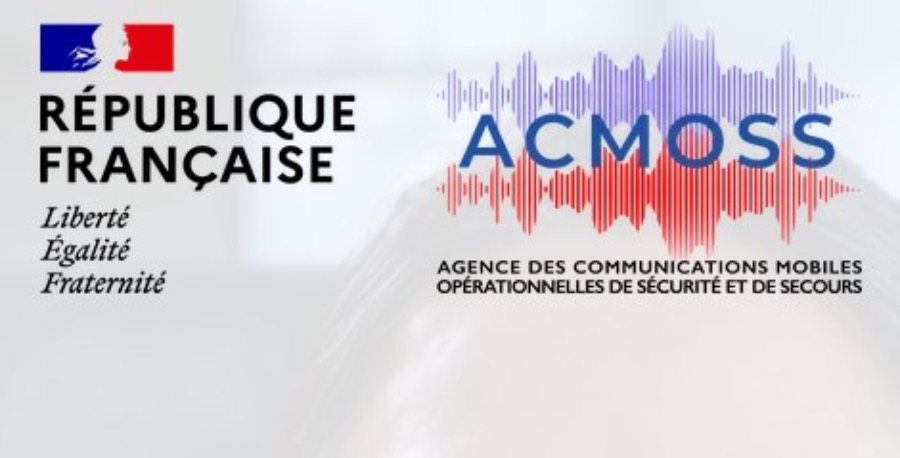
France is set to utilize public-safety broadband communications on a limited basis during the upcoming Summer Olympics, with plans for nationwide coverage by the end of the year and a full migration from the current LMR system expected by 2027, according to Guillaume Lambert, deputy secretary general for France’s Ministry of the Interior.
The Reseau Radio du Futur (RRF) public-safety-broadband initiative is progressing well, but will not be fully operational with two of the nation’s contracted carriers—Orange and Bouygues Telecom—until the end of the year. During the Olympics, France’s national police and gendarmerie forces will use broadband connectivity exclusively from Orange.
“We have some end users, including police and gendarmerie forces, who will use the mission-critical communications system during the Olympics,” Lambert said in an interview with IWCE’s Urgent Communications after speaking at the 5×5 Innovation Summit in Chicago.
“We created gateways between the narrowband system and broadband for use during the Olympics, but the nationwide rollout will begin in early 2025,” Lambert added.
ACMOSS, the entity overseeing the RRF deployment, will conduct a series of tests to demonstrate the broadband network’s functionality, including quality-of-service and priority-and-preemption mechanisms.
“Right now, we are conducting extensive testing and measurements to ensure the service meets all requirements and specifications,” Lambert said. “This testing is crucial for gaining the confidence of public-safety agencies.”
The tests will serve multiple purposes, including achieving demonstration milestones with end users and conducting technical evaluations with vendors.
Law-enforcement entities like the police and gendarmerie use a mission-critical application package known as Storm, while other public-safety entities—including fire, ambulance, and the armed forces—will use an application bundle known as Syrius.
Nationwide operation of the RRF is scheduled to begin in early 2025, with public-safety users expected to transition smoothly from the existing PMR system to the RRF broadband solution, ultimately retiring the LMR network.
“We must consider the financial aspect,” Lambert said. “We cannot afford to maintain both the narrowband and broadband systems for too long.”
Although the RRF will be a nationwide public-safety broadband system similar to FirstNet in the U.S., France’s approach differs significantly. In the U.S., FirstNet was funded with $7 billion in seed money and a license to 20 MHz of spectrum, with a mandate for financial self-sustainability. In contrast, France’s government plans to pay carriers—primarily Orange and Bouygues Telecom—under a mobile virtual network operator (MVNO) model to provide public safety access to their networks and licensed spectrum.
“With this approach, the time to market is very short, as the spectrum is already available for operational use,” Lambert noted.
Some public-safety users in France are already leveraging broadband capabilities less than two years after the government awarded the RRF contract to a consortium led by Airbus and Capgemini.
